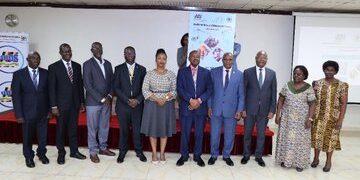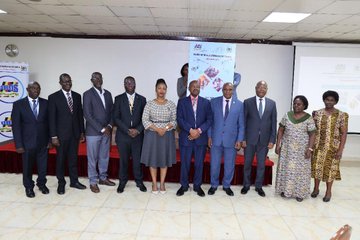The Government of Uganda has launched the Uganda National Household Survey (UNHS) 2023/2024 Report, with experts calling for data-driven, inclusive approaches to development, during a high-level dissemination event held at Hotel Africana.
Speaking on behalf of the Permanent Secretary/Secretary to the Treasury, Joseph Enyimu, Commissioner for Economic Development Policy and Research at the Ministry of Finance, Planning and Economic Development, praised the Uganda Bureau of Statistics (UBOS) for its role in generating policy-relevant and reliable statistics.
“The UNHS is now a continental benchmark—essential for accountability, planning, and economic decision-making,” Enyimu stated.
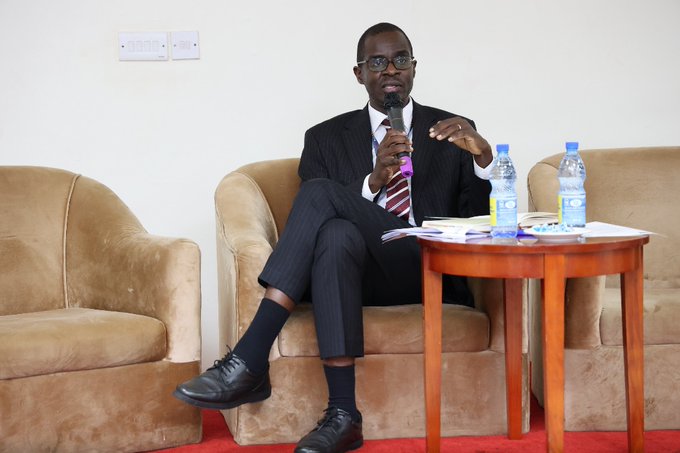
Highlighting key macroeconomic trends, Enyimu noted that rising household and per capita consumption had outpaced inflation, indicating real welfare gains at the household level. “This is evidence that macroeconomic stability isn’t abstract—it translates directly into improved living conditions for our people,” he said.
On Uganda’s public debt, Enyimu cautioned against simplistic assessments, urging a focus on outcomes rather than headlines.
“We don’t measure spending by shillings disbursed, but by lives improved,” he emphasised. “The data shows that both concessional and non-concessional financing have contributed to poverty reduction and falling inequality. Public investment is working.”

He also dismissed the notion that Uganda’s growth has left many behind. “Inclusive growth is not a theory. The data shows more Ugandans, especially in rural areas, are participating in and benefiting from economic progress. As the Ministry of Finance, we remain committed to evidence-based policy, regional equity, and community-led development.”
In a passionate presentation during the panel discussion, Dr Sarah Ssewanyana, Executive Director of the Economic Policy Research Centre (EPRC), underscored the need to look beyond national averages and focus on local realities.
“To truly address poverty, we must disaggregate the data. National progress masks deep regional disparities—particularly in Karamoja, Bukedi, and Teso,” she warned.
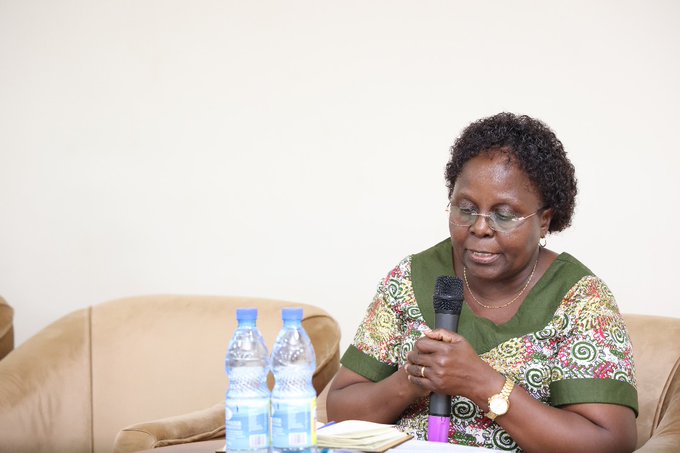
While acknowledging that poverty and income inequality have declined since 2019/20, Dr. Ssewanyana emphasised the need for targeted policies and specific sub-regional goals.
On education, she pointed to inefficiencies in enrollment statistics. “Gross enrollment surpassing 100% isn’t always good news—it signals underage or overage learners, repetition, or delayed school entry,” she explained. “Since COVID-19, enrollment hasn’t returned to pre-pandemic levels. We must ask: who is missing from school, and why?”
She also flagged healthcare challenges, including widespread self-medication and a shrinking population living within 10 kilometres of a health facility. “The health sector isn’t failing, but these patterns need urgent scrutiny and targeted responses,” she said. “Data isn’t just about numbers. It’s about truth, accountability, and opportunity.”
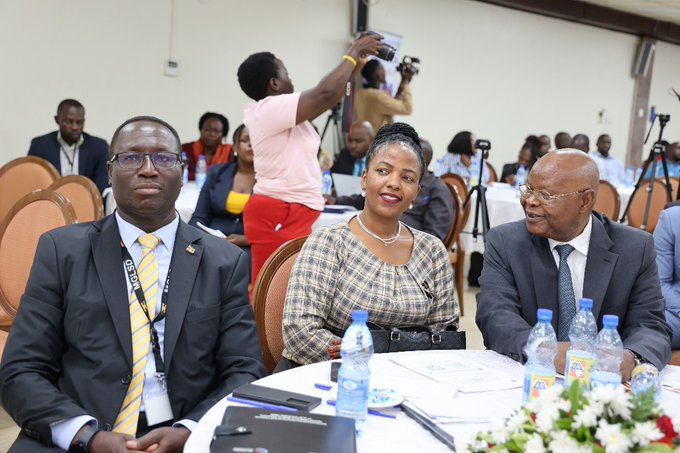
The launch was officiated by Hon. Amos Lugoloobi, Minister of State for Finance, Planning, and Economic Development (Planning), alongside UBOS Executive Director Dr. Chris N. Mukiza and Board Chair Dr. Albert Byamugisha.
The 2023/24 survey reached over 17,000 households, offering detailed insights on poverty, health, education, employment, and welfare—essential tools for advancing Uganda’s development agenda.
